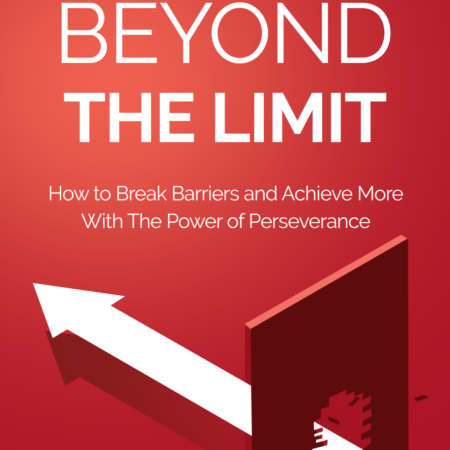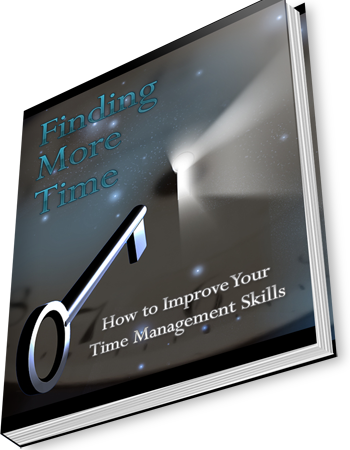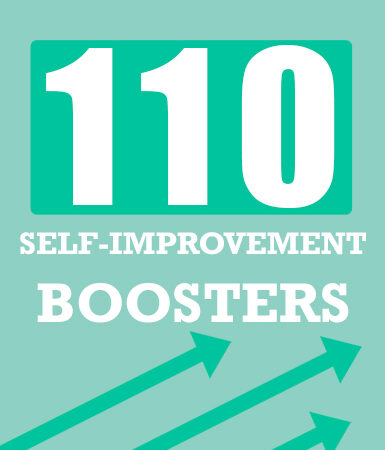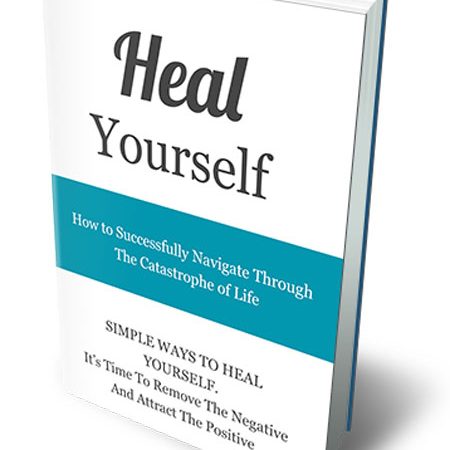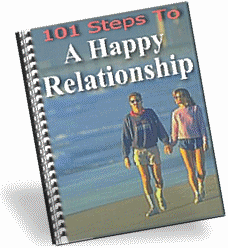A Little Patience Goes a Long Way
We all know that relationships can be difficult. One of the best methods we have for making every relationship less stressful and more enjoyable is to show a little patience. Patience has been defined as what we lack for the driver in front of us and demand from the driver behind us.
In truth, patience is nothing more than time.
Time before we say something: Think of a time when someone was not patient with you when you needed them to be. Think of how you felt. Think of how deeply you might have been hurt. The next time you find yourself losing patience with another, take a moment to remind yourself of how you felt when someone had no patience with you.
Time before moaning and groaning: Patience takes time, but no more time than the showing of anger; of stomping or yelling or whining or complaining. A little patience can often resolve a conflict that a loss of patience will only escalate.
Time to just let things run their course: Arnold H. Glasow said, “The key to everything is patience. You get a chicken by hatching an egg, not by smashing it.” Some things require a certain amount of time. Losing patience only hurts ourselves and won’t speed up the process.
So take the time to smile instead of frown; the time to wink instead of snarl. How much time does it really take to give someone a small nod or a pat on the back? We never stop to think about how a little of our time can make such a big difference in how we make another feel.
Benjamin Franklin said, “He that can have patience can have what he will.”
The lack of patience is the key to so much unhappiness and grief in this world, when all it requires is a little time on our part. One of the simplest ways to build stronger relationships and bring more happiness into our lives is by becoming a little more patient. Showing someone patience is really giving to another that which we wish to receive, while a lack of patience is nothing more than a reflection of ourselves.




